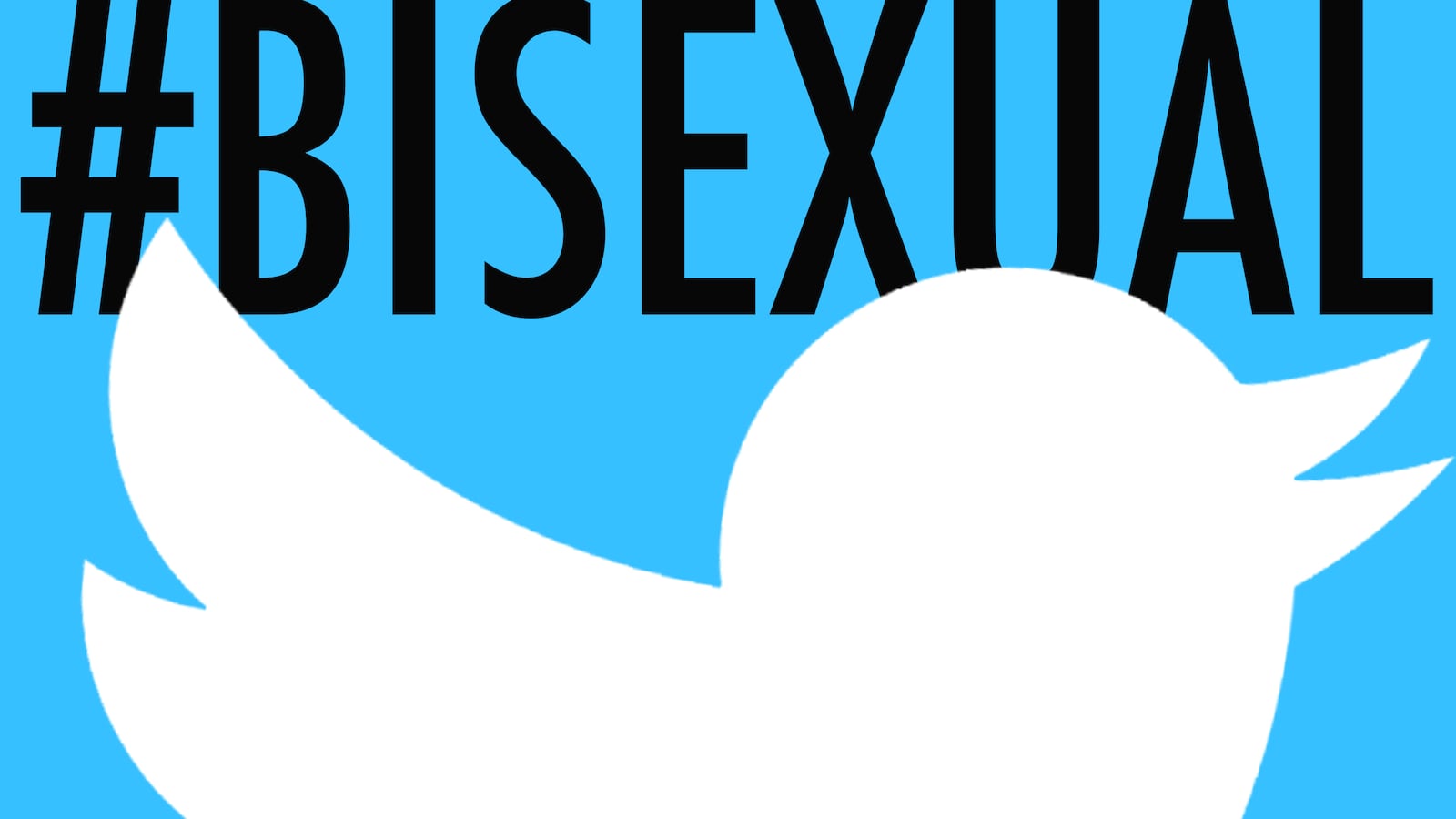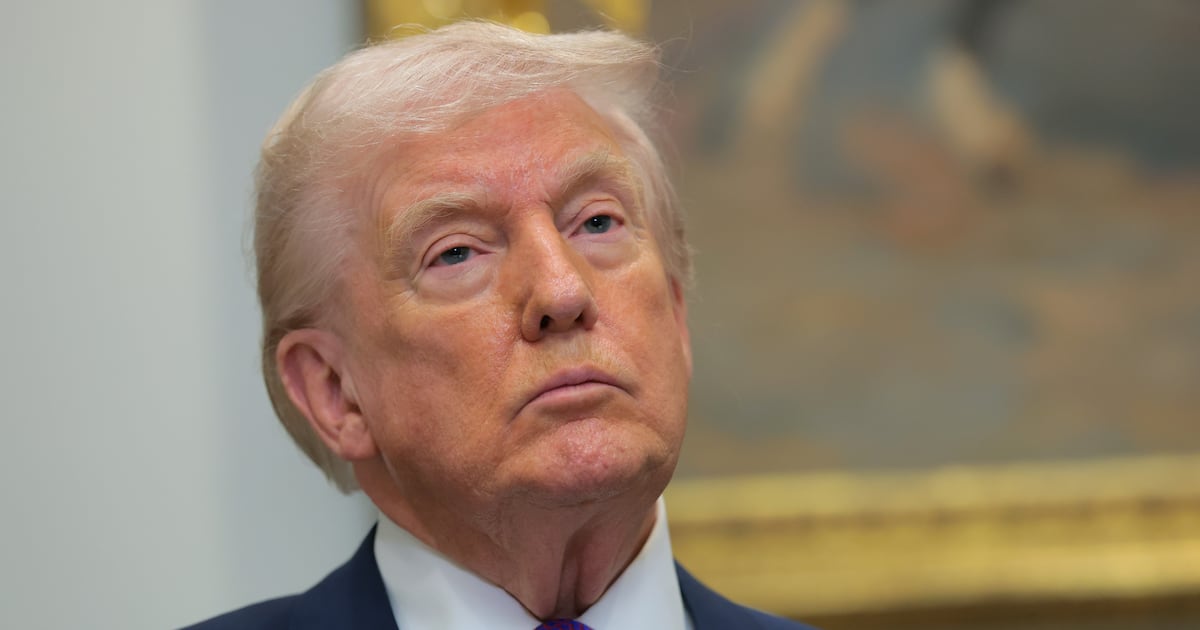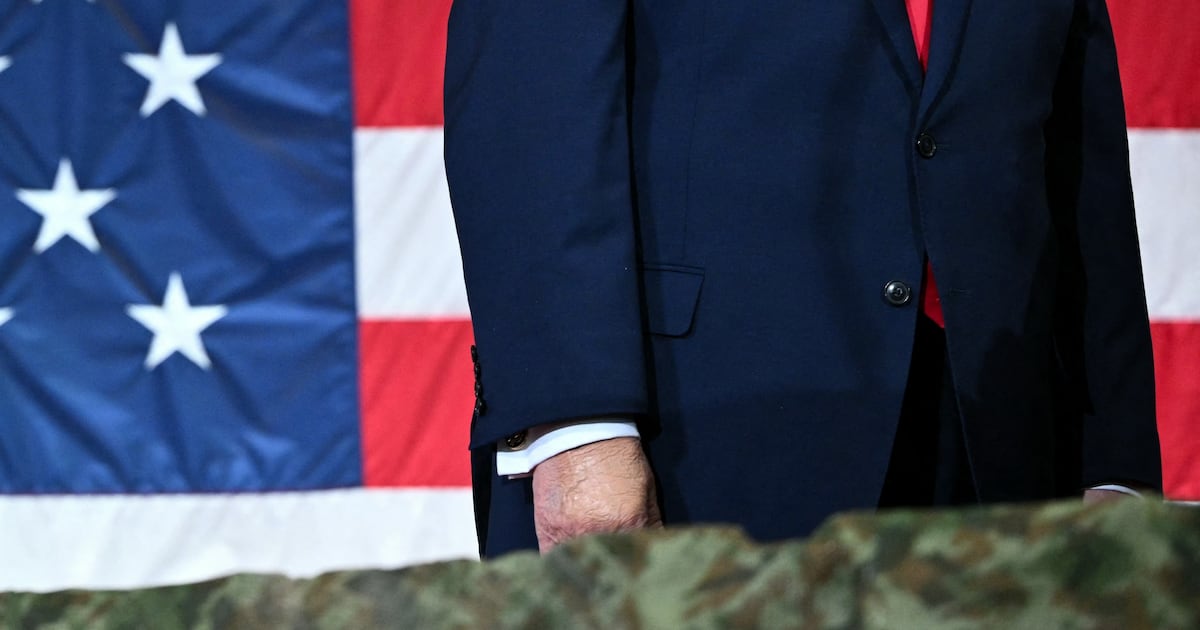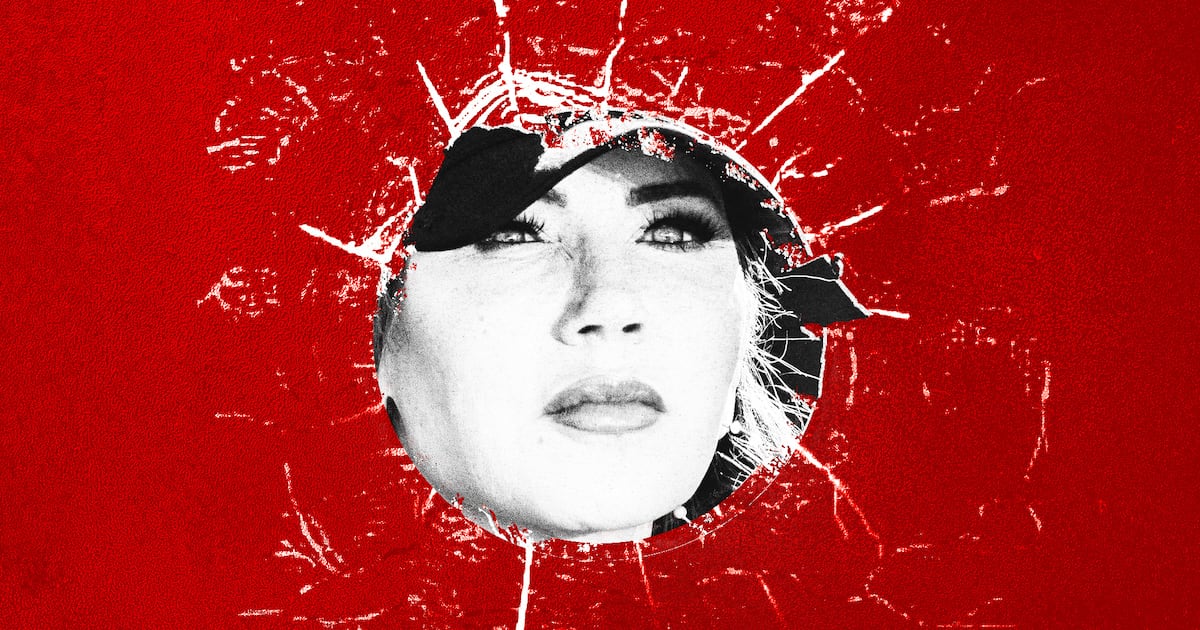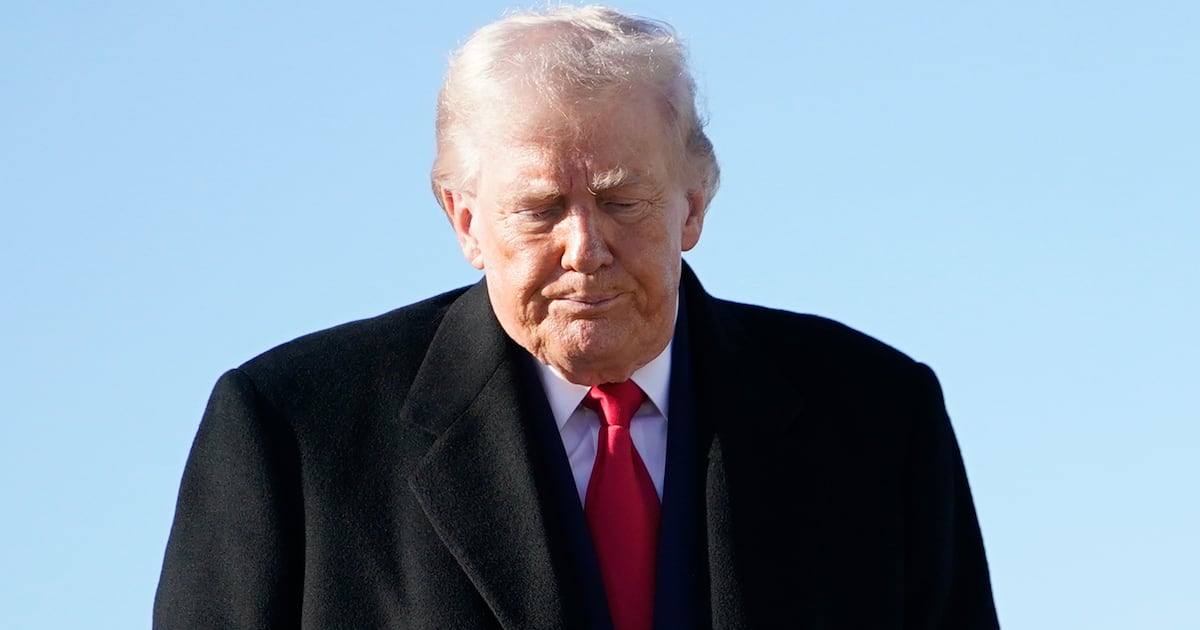Why did Twitter filter out some search results for the hashtag #bisexual?
This past weekend, bisexual advocates drew public attention to the fact that, after searching for the term “#bisexual” on Twitter, there were no longer any results under the “Photos,” “Videos,” or “News” tabs—only a message saying that “your Search settings could be protecting you from some potentially sensitive content.”
Several bisexual-specific organizations like BiPrideUK, Still Bisexual, BiNet USA and the Bisexual Index noted the problem over the weekend, prompting broader LGBT organizations like the Human Rights Campaign, GLAAD, and the National LGBTQ Task Force to echo their concerns.
Bisexual advocates suspected that “#bisexual” was being filtered out of some search results because of the way in which bisexuality is commonly hypersexualized—hence the possible flagging of the hashtag as “sensitive content.”
As news outlets took notice of the problem—like Gizmodo, which instructed readers to “Search for ‘Bisexual’ on Twitter Right Now” and see what doesn’t come up—Twitter Support responded, writing in a Sunday tweet: “We’ve identified an error with search results for certain terms. We apologize for this. We’re working quickly to resolve & will update soon.”
But why did it happen in the first place? Was the hypersexualization theory correct? The Daily Beast reached out to Twitter on Monday morning, asking the company to explain the precise nature of the error and the proposed resolution.
“The Tweet from @TwitterSupport is all we have to share for now and we’ll update there when we have more,” a spokesperson wrote.
As of 2 PM EST Monday, a test run by The Daily Beast on the iOS version of Twitter confirmed that the problem had persisted. Searches for “#gay,” “#lesbian,” and “#transgender,” all produced results under the “Photos,” “Videos,” and “News” tabs.
Notably, searches for the term “#transsexual”—which is more commonly used in pornography than the term “#transgender”—resulted in the same “potentially sensitive content” error message under those same three tabs. However, altering search settings to explicitly allow “potentially sensitive content” still didn’t bring the “#bisexual” results back.
“I guess they’re trying to stop sensitive imagery but what they’re also blocking with that is bi visibility, which is what our community desperately needs,” said Nicole Kristal, founder of the Still Bisexual campaign, in a phone interview with The Daily Beast.
'Still Bisexual' encourages bisexual people to share their stories and defend the validity of their sexual orientation on social media, where Kristal believes that message can make an important impact: “Bisexuals need to know they’re not the only bisexual on the planet; they need to feel less alone and find other bisexuals and the main place they’re able to do that is online.”
Despite constituting a “slight majority” of the LGBT community—the Williams Institute found in 2011 that 1.8 percent of adults identified as bisexual compared to 1.7 percent who identified as lesbian or gay—bisexual people face comparatively greater struggles with visibility and erasure.
Pew Research Center statistics from 2013 showed that fewer than 30 percent of bisexual Americans were out to “all or most of the important people in their life” compared to numbers in the 70 percent range for gay men and lesbians.
Many in the bisexual community attribute this lack of visibility to the persistent myths that surround their sexual orientation, namely that bisexual people can’t make up their mind, that they are more likely to cheat, or that they are sexually “greedy.”
These stereotypes don’t appear to be fading quickly enough: Indiana University researcher Brian Dodge found in a 2016 nationaly-representative study that, “attitutudes toward bisexual men and women have shifted only slightly from very negative to neutral” over the past few decades.
Tellingly, over 18 percent of respondents to that study agreed with the statement that “bisexual women would have sex with just about anyone.” It wouldn’t surprise bisexual advocates if these notions about had somehow influenced Twitter’s search behavior.
“Bisexuals have historically been hypersexualised and associated with porn and promiscuity,” said Kate Harard of the U.K.-based group The Bisexual Index in a statement to The Daily Beast. “Every bi activist knows the problems of trying to search for bi content on the web: some public WiFi systems block it altogether, even when it's nothing to do with sex, because bisexual is seen as a dodgy word in itself.”
Harrad went on to warn that blocking results for #bisexual will only make life more challenging for an already marginalized group that uses the internet as a lifeline: “This is why Twitter needs to be very sensitive to any filtering that reduces access to bi content, and very aware of the problem of bisexual erasure."
This isn’t the first time that a social media service has landed in hot water for filtering LGBT content.
In March of this year, LGBT YouTube creators noticed that the video sharing service’s “Restricted Mode” meant to hide “potentially inappropriate content” was algorithmically hiding a wide range of their videos containing no offensive content whatsoever. YouTube apologized, noting that “some videos have been incorrectly labeled” and promised to fix the problem.
This time, however, it appears that bisexual content has been singled out—although whether that was done actively or by an algorithm is still unclear. So even if Twitter fixes the behavior of the search function, bisexual advocates still want answers.
“Why were we targeted?” Lynnette McFadzen, president of BiNet USA and producer of the BiCast, asked The Daily Beast, noting the presence of pornography posted under other hashtags. “Twitter offered up they found an error and apologized for the issue, never addressing who it targeted.”
Indeed, Twitter Support’s tweet on the omission of some search results for “#bisexual,” didn’t even use the word “bisexual”—an irony that was not lost on a community that already feels erased.
That “#bisexual” seems to have been more affected than “#lesbian,” “#gay,” #transgender,” strikes an especially exposed nerve.
Many bisexual people already say that they are unfairly maligned within the LGBT community—a feeling borne out by a 2015 study, reported by The Daily Beast, which found that bisexual people reported experiencing comparable amounts of discrimination from gay men and lesbians as they do from straight people. That dynamic adds a special urgency to the support networks that bisexual people build online.
“Our bisexual community relies on social media to provide support and information, connect, and uplift each other,” McFadzen said, asking for “a direct and sincere apology from Twitter.”
Twitter has already promised to “resolve” the “error.” But will they explain the “error”—or simply erase it?
Update 9:30 AM 11/7/17: Twitter Support addressed this issue Monday night in a series of tweets, writing that "searches for certain words related to sexuality did not populate complete results."
In this case, they explained, words that were not "inherently explicit" had been included on that list of words, causing search results to be "incorrectly collapsed on the photos, video and news search tabs."
Without mentioning the word "bisexual," Twitter Support said that they had "removed terms that should not have been included" and would be "making changes during the next 24 hours."
"We apologize for this," Twitter Support wrote. "We’re working quickly to resolve & will update soon."

